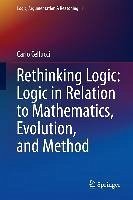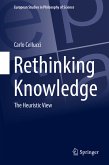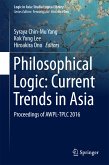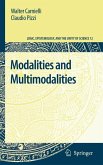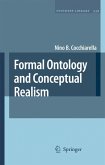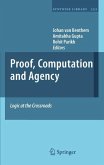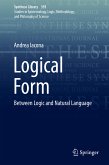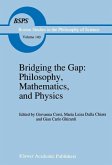Therefore, this volume proposes a view of logic according to which logic is intended, first of all, to provide rules of discovery, that is, non-deductive rules for finding hypotheses to solve problems. This is essential if logic is to play any relevant role in mathematics, science and even philosophy. To comply with this view of logic, this volume formulates several rules of discovery, such as induction, analogy, generalization, specialization, metaphor, metonymy, definition, and diagrams. A logic based on such rules is basically a logic of discovery, and involves a new view of the relation of logic to evolution, language, reason, method and knowledge, particularly mathematical knowledge. It also involves a new view of the relation of philosophy to knowledge. This book puts forward such new views, trying to open again many doors that the founding fathers of mathematical logic had closed historically.
trigger
Dieser Download kann aus rechtlichen Gründen nur mit Rechnungsadresse in A, B, BG, CY, CZ, D, DK, EW, E, FIN, F, GR, HR, H, IRL, I, LT, L, LR, M, NL, PL, P, R, S, SLO, SK ausgeliefert werden.
"Well documented, closely argued, and informed by truly inspired, and truly incompatible, interpretations of the Western tradition of logic, mathematics, and metaphysics." (Emily R. Grosholz, Philosophia Mathematica, Vol. 23 (1), February, 2015)
"This textbook traces the history of Logic ranging from epistemology to induction and deduction. ... I can recommend it to the philosophical audience for which it is addressed." (Joseph Grenier, Amazon.com, March, 2014)
"Rethinking Logic is a valuable and remarkable book, especially because it does not resemble to any of the books dealing with logic which normally can be found on the market. ... It is ... a global and wide philosophical reflection on what logic and knowledge are, which argues for a theoretically purposeful view, with which one may obviously disagree, but with which it is certainly interesting confronting." (Fabio Sterpetti, Philosophical Inquiries, Vol. 2 (2), 2014)

